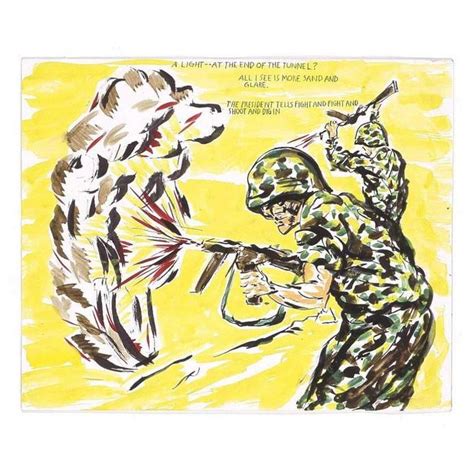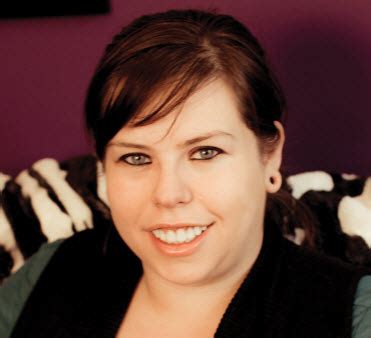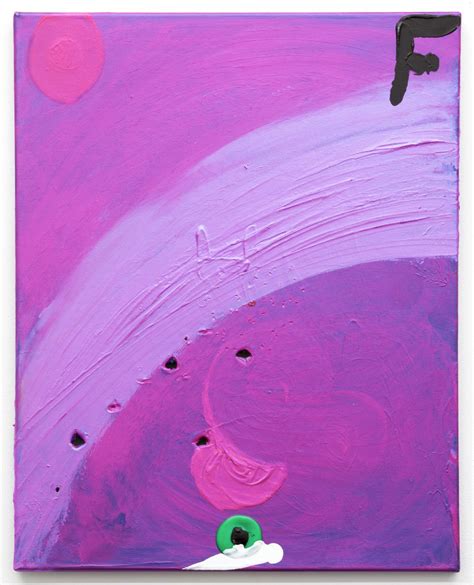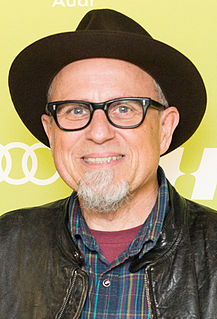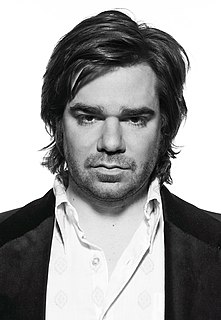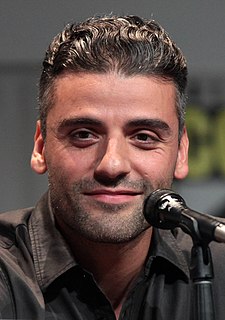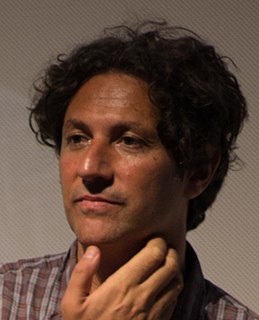A Quote by Judd Apatow
For me, until I know that the audience really gets what I'm trying to communicate I'm not done.
Related Quotes
What social media has done - Facebook, Twitter - is show the audience. I don't have an audience. When I make my work, it just goes out into the ether. I have a thick skin and it just brings me down to earth, you know, to realize how out-there and far away and paltry the audience is that gets what I'm saying. It's depressing if I let it get to me. And it's the same with hanging a show, the way it's put up, like, three stories high and you can't read a single word.
You know something?" He lifted his head, and when he turned to me, he had this strange look in his eyes. Almost as if he was really seeing me for the first time. "I don't think I ever really lived until this. I've never done anything that mattered before, but now I'm fighting to save my life, and yours. And I know it sounds really cheesy and lame, but I don't think I ever really felt alive. Not until I met you.
I test the movies a lot, and if the audience says they love the movie, we know we're on the right track. And if they tell me they hate it, I try to figure out what I've done wrong. But every time out, the audience wants me to go deeper, they want to know more about the characters, and they don't want these movies to be shallow. So they really urge me to tell them a complicated story, and then when I do so, they're thrilled
You know, you're doing the same show every day, and your inspiration, you have to look no further than the fact that you know people travel across the country to see you. In a lot of cases, this is that audience's only chance to see the thing, and so, that's what gets you up in the morning, and that's what gets you giving your best performance on stage, is the awareness that this audience is ready for it, and here to have an experience, and so in turn are you.
An audience will let you know if a song communicates. If you see them kind of falling asleep during the song, or if they clap at the end of a song, then they're telling you something about the song. But you can have a good song that doesn't communicate. Perhaps that isn't a song that you can sing to people; perhaps that's a song that you sing to yourself. And some songs are maybe for a small audience, and some songs are for a wide audience. But the audience will let you know pretty quickly.



